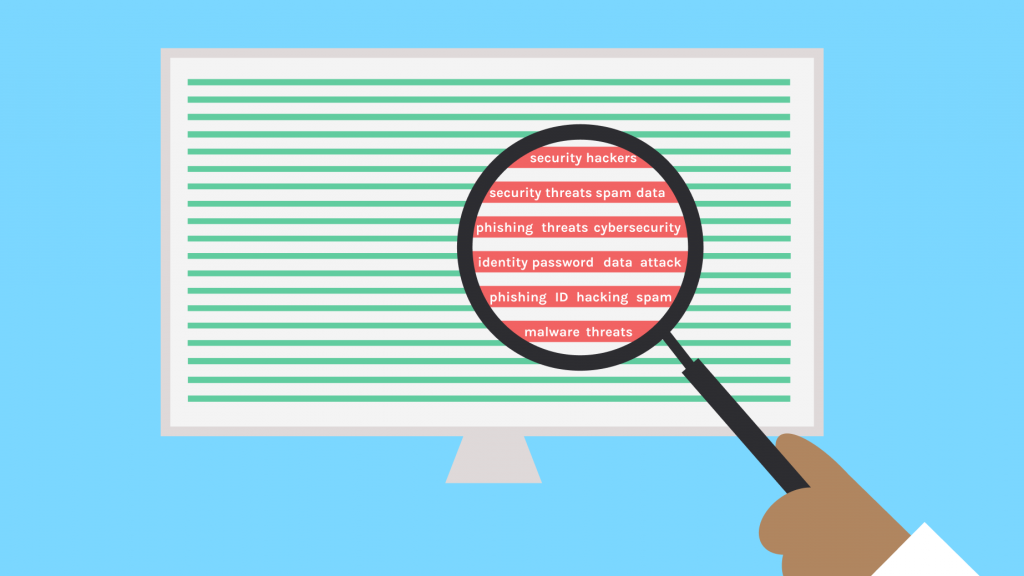Hewlett Foundation and Stanford Cyber Policy Center Speaker Series

In 2020, under the leadership of Executive Director Kelly Born, the Cyber Policy Center at Stanford University’s Freeman Spogli Institute for International Studies began a speaker series focused on understanding and improving the governance of digital technologies. When Kelly rejoined the Hewlett Foundation as Director of our Cyber Initiative, we continued the series in partnership with the Stanford Cyber Policy Center.
Each event brings together experts from academia, think tanks, and civil society for an informative, interactive session on topics including elections, disinformation, emerging technologies, supply chain security, global governance norms, and more. Information on the next session, and a link to register, are included below, as are archived recordings of past sessions.
Upcoming Events
More coming soon.
Past Webinars
Assessing National Digital Identity Systems: Risks and Rewards
Amber Sinha of India’s Center for Internet and Society (CIS), Anri van der Spuy of Research ICT Africa (RIA) and Dr. Tom Fischer of Privacy International in conversation with Kelly Born, Director of the Hewlett Foundation’s Cyber Initiative and fellow at Stanford’s Cyber Policy Center, to discuss the challenges and opportunities posed by digital identity system.
The Future of Technology, Independence, and Resilience in the Indo-Pacific
Kelly Born, Director of the Cyber Initiative at the Hewlett Foundation and former Director of the Stanford Cyber Policy Center, in conversation with Trisha Ray of India’s Observer Research Foundation’s Technology and Media Initiative, and Martijn Rasser, Senior Fellow in the Technology and National Security Program at the Center for a New American Security (CNAS), with a look at the need for a coherent grand strategy for a “Digital Indo-Pacific.”
Antitrust and the Big Tech Platforms
An in-depth look at the significant antitrust developments in the last few months. With Kelly Born, affiliate at Stanford’s Cyber Policy Center and Director of the Cyber Initiative at the Hewlett Foundation, in conversation with Dina Srinivasan from Yale Law School, Sandeep Vaheesan, legal director at the Open Markets Institute and former Regulations Counsel at the Consumer Financial Protection Bureau, and Mark Lemley of Stanford Law School.
Cyber Policy Recommendations for the New Administration
A new administration and Congress provide a key opportunity to improve U.S. cybersecurity and the governance of digital technologies. Yet the challenges appear daunting: viral disinformation, widespread privacy violations, algorithms biased by race, class and gender, ransomware running rampant, and unprecedented tech company scale and market dominance. With Kelly Born from the Hewlett Foundation, Marietje Schaake from Stanford’s Cyber Policy Center, Michael Daniel from the Cyber Threat Alliance, and Ambassador Karen Kornbluh from the German Marshall Fund to discuss cyber policy priorities for the new administration.
Which Side of History: How Technology is Reshaping Democracy and Our Lives
Society has been transformed by a technology revolution and its 24/7 influence on so many aspects of our reality. The COVID-19 pandemic and the nationwide movement for racial justice have made it even clearer how essential these tools are for our daily lives. Silicon Valley has clearly followed through on its promise to change the world on a vast scale, but not necessarily for the better. Jim Steyer, CEO and founder of Common Sense and author of the new book, Which Side of History?: How Technology is Reshaping Democracy and Our Lives, joined Stanford's Marietje Schaake and Renee DiResta to highlight the myriad of ways in which technology and social media have allowed for the erosion of our democracy, from the rampant distribution of misinformation and the influence of online conspiracy theories to the attacks by Russian trolls during the 2016 U.S. election.
Challenges to Digital Literacy
The internet is now the most common source of political news for almost half of Americans, and social media is now the primary source of news for those under 30. Yet today’s youth have little capacity to evaluate the credibility of digital sources, with colleges across the country often relying on severely outdated guidelines supporting digital literacy education. Join Stanford’s Sam Wineburg, Washington State University’s Mike Caulfield, and Rowan University’s Andrea Baer and Dan Kipnis, in conversation with the Cyber Center’s Kelly Born, about the many challenges and opportunities facing media literacy.
Reclaiming the Internet for Civil Society
Digital technologies are linked to a growing number of social and political maladies, including political repression, disinformation, and polarization. Accountability for these technologies is weak, allowing authoritarian rulers and bad actors to exploit the information landscape for their gain. A largely unregulated surveillance industry, innovations in technologies of remote control, dark PR firms, and “hack-for-hire” services feeding off rivers of poorly secured personal data also muddy the waters. This set of serious, democracy-unfriendly challenges calls for a deeper reexamination of our communications ecosystem.
Out of the Rabbit Hole: From Radicalization to Amplification of Far-Right Content Online
Conventional wisdom suggests that conspiracy theories and far-right propaganda thrive mainly at the end of algorithmic rabbit holes, in the deep, dark corners of the internet. This presentation will show that the opposite is true by explaining how in fact, harmful ideas gain traction through the charisma and popularity of internet celebrities in mainstream social media contexts. Through her extensive research on far-right YouTubers, Becca Lewis argues that instead of merely focusing our responses on the threat of algorithmic rabbit holes, we must also understand the power of amplification through thriving alternative media systems on- and offline.
